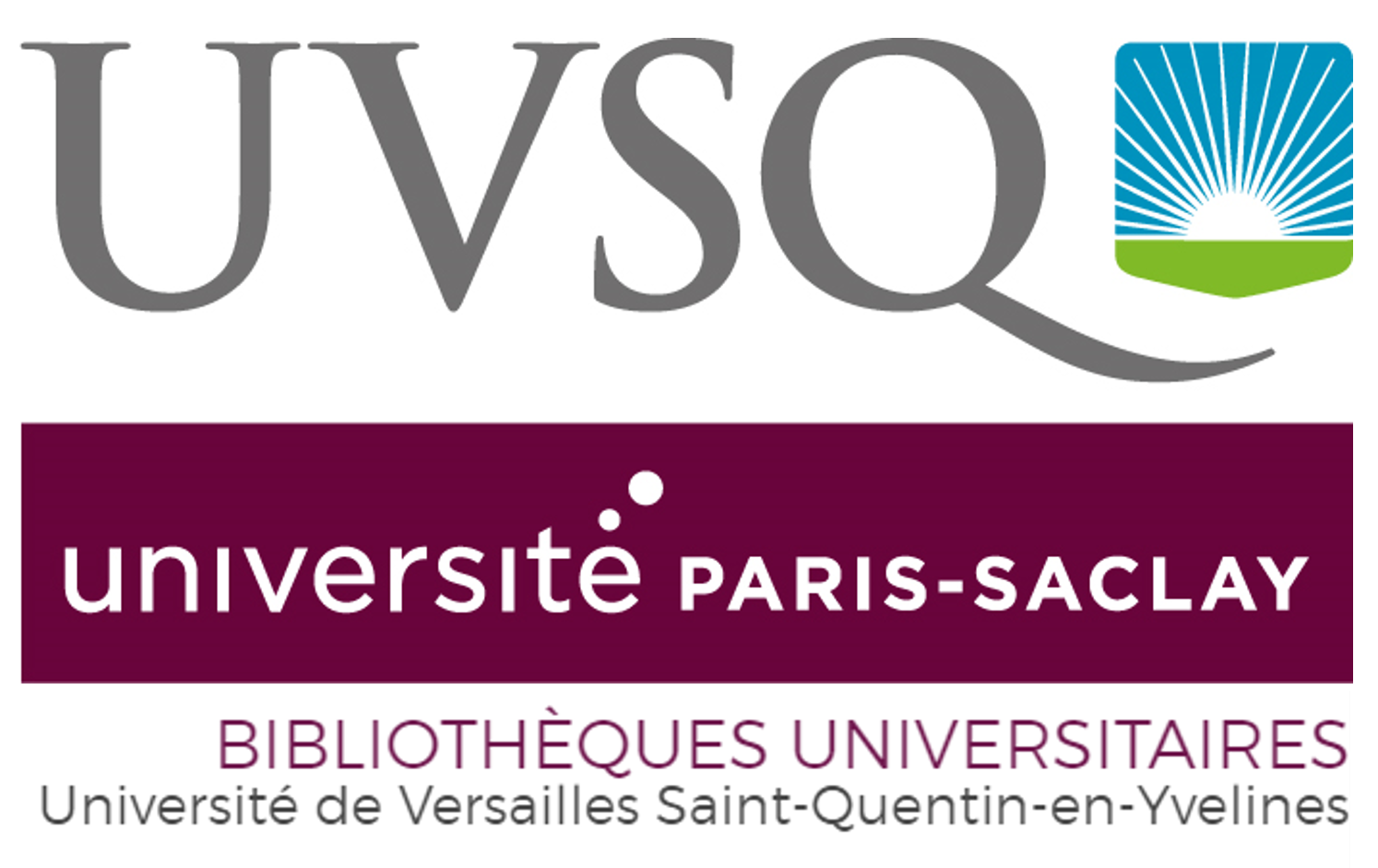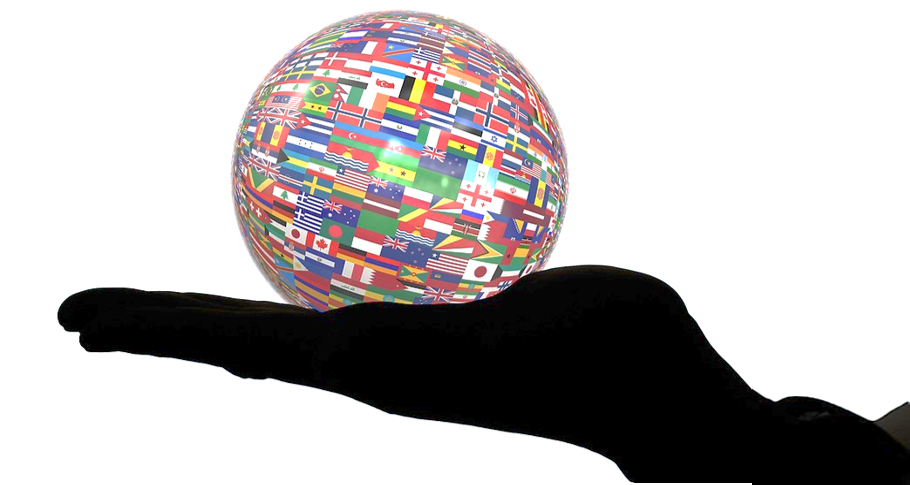Insularity and sustainability : an approach by the rents and the cultural heritage
Insularité et soutenabilité : une approche par les rentes et le patrimoine culturel
Résumé
Macroeconomics of small island developing states (SIDS) are characterized by a strong dependence to the access to diverse rents, the evolution of which questions their sustainability. Considering the handicaps of narrow markets, the remoteness and the enclosing, the economic dynamics of the SIE rest actually on their capacity to exploit a specific comparative advantage, allowing the generation of rents. A development path would then emerge for the island economies based on the enhancement and differentiation through tangible and intangible cultural capital with the aim of strengthening the sustainability of their development. The objective of this thesis is to question the issues and possibilities of taking cultural heritage into account in the economic analysis of the sustainability of SIDS. The heritage, cultural, natural or ' mixed ' (according to the UNESCO typology), by its unique character would so have the potential to generate a rent, allowing to exceed the handicaps bound to the insularity. By proposing products differentiated, thus more expensive, the island economies could fit on the world market with a more important growth potential. From the point of view of the sustainability, it is then the conditions of renewal of the heritage, or in other words the differentiation of offered products by the island economies which come in the center of the analysis. Through two empirical applications, we draw several conclusions. At the macroeconomic level, our results show that cultural capital, in addition to possibly offering a source of income fueling adjusted net savings, would thus boost sustainability by reducing the potentially negative effects of structural vulnerability - by building a certain resilience. At the microeconomic level, our results show that intangible cultural heritage (norms, customs, traditions, etc.) can generate both economic and non-economic benefits.
Le bouclage macroéconomique des petites économies insulaires en développement (PEID) est caractérisé par une dépendance forte envers l’accès à des rentes diverses, dont l’évolution questionne leur soutenabilité. Compte-tenu des handicaps que représentent des marchés étroits, l’éloignement et l’enclavement, les dynamiques économiques des PEID reposent effectivement sur leur capacité à exploiter un avantage comparatif spécifique, permettant de générer des rentes. Se dessinerait alors une voie de développement pour les économies insulaires fondée sur la valorisation et la différenciation par le capital culturel matériel et immatériel dans l’objectif de renforcer la soutenabilité de leur trajectoire de développement.L’objectif de cette thèse est de questionner les enjeux et les possibilités de prise en compte du patrimoine culturel dans l’analyse économique de la soutenabilité des PEID. Le patrimoine qu’il soit culturel, naturel ou « mixte » (selon la typologie UNESCO), par son caractère unique aurait ainsi le potentiel de générer une rente, permettant de dépasser les handicaps liés à l’insularité. En proposant des produits ainsi différenciés, donc plus chers, les économies insulaires pourraient s’insérer sur le marché mondial avec un potentiel de croissance plus important. Du point de vue de la soutenabilité, c’est alors les conditions de renouvellement du patrimoine, ou autrement dit la différenciation des produits offerts par les économies insulaires qui viennent au centre de l’analyse.A travers deux applications empiriques, nous tirons plusieurs conclusions. Au niveau macroéconomique, nos résultats montrent que le capital culturel, en plus d’offrir éventuellement une source de revenus alimentant l’épargne nette ajustée, boosterait ainsi la soutenabilité grâce à une atténuation des effets potentiellement négatifs de la vulnérabilité structurelle – en bâtissant une certaine résilience. Au niveau microéconomique, nos résultats montrent que le patrimoine culturel immatériel (normes, coutumes, traditions, etc.) permet de générer à la fois des bénéfices économiques et non-économiques.
| Origine | Version validée par le jury (STAR) |
|---|

